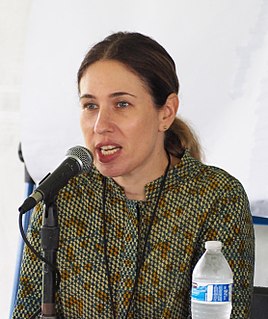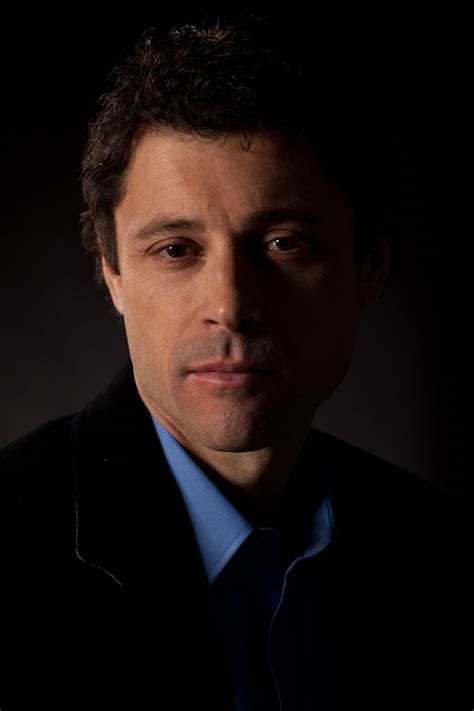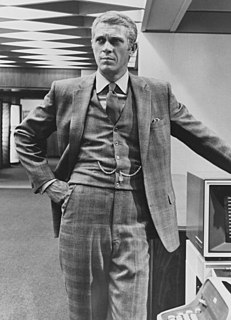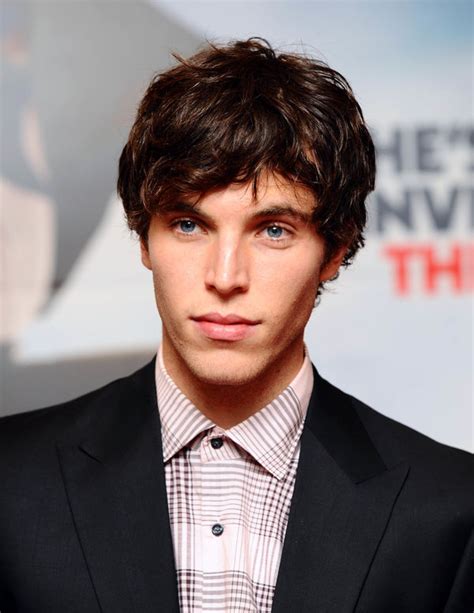A Quote by Quentin Tarantino
If I'm doing my job right, then I'm not writing the dialogue; the characters are saying the dialogue, and I'm just jotting it down.
Related Quotes
When you're doing those operation scenes, you not only have to be on top of the dialogue and the rhythm of the dialogue and what's happening dramatically, but you've got to technically get the rhythm right, so that everything is fitting with the dialogue at the right time. And you're performing the operation to the audience that's watching it. Thackery has to present it, as well. In some ways, that's the most challenging.
If you're going to make a film, and you're going to have dialogue, and you want to take the characters seriously, let's understand what they're saying. If there is going to be technical dialogue, let's render it in a way that the audience can understand it and expect that it's not going to be so far over their heads.
What I like and find liberating in dialogue comedy is that the characters, and what they say, are not me. These are fleeting thoughts and observations and not presented as truths but as something that illuminates the character and the dynamic between the characters. This kind of dialogue is thesis and antithesis - and we never get to a synthesis.
I hate it when I'm reading a comic, and the dialogue looks like stickers stuck on top to explain what's going on. For me the best is when your eye goes in a certain point and moves through the composition and then springs out on the dialogue, or gets confused in the image and then goes to the dialogue for an explanation.
When I'm writing a script, before I can write dialogue or anything, I have two or three hundred pages of notes, which takes me a year. So, it's not like "what happens next." I've got things that I'm thinking about but I don't settle on them. And if I try to write dialogue before then, I can't. It's just garbage.
The secrets that the characters hold are held back from the audience, and that's such a delight to hold onto. When you're playing scenes, it gives you an inner dialogue that allows you to really immerse yourself as the actor, in every scene that you're playing. Nothing felt expositional. Nothing felt like we were just doing it to move the story along. There was a reason these characters were saying what they're saying. It was a gift, really.





































